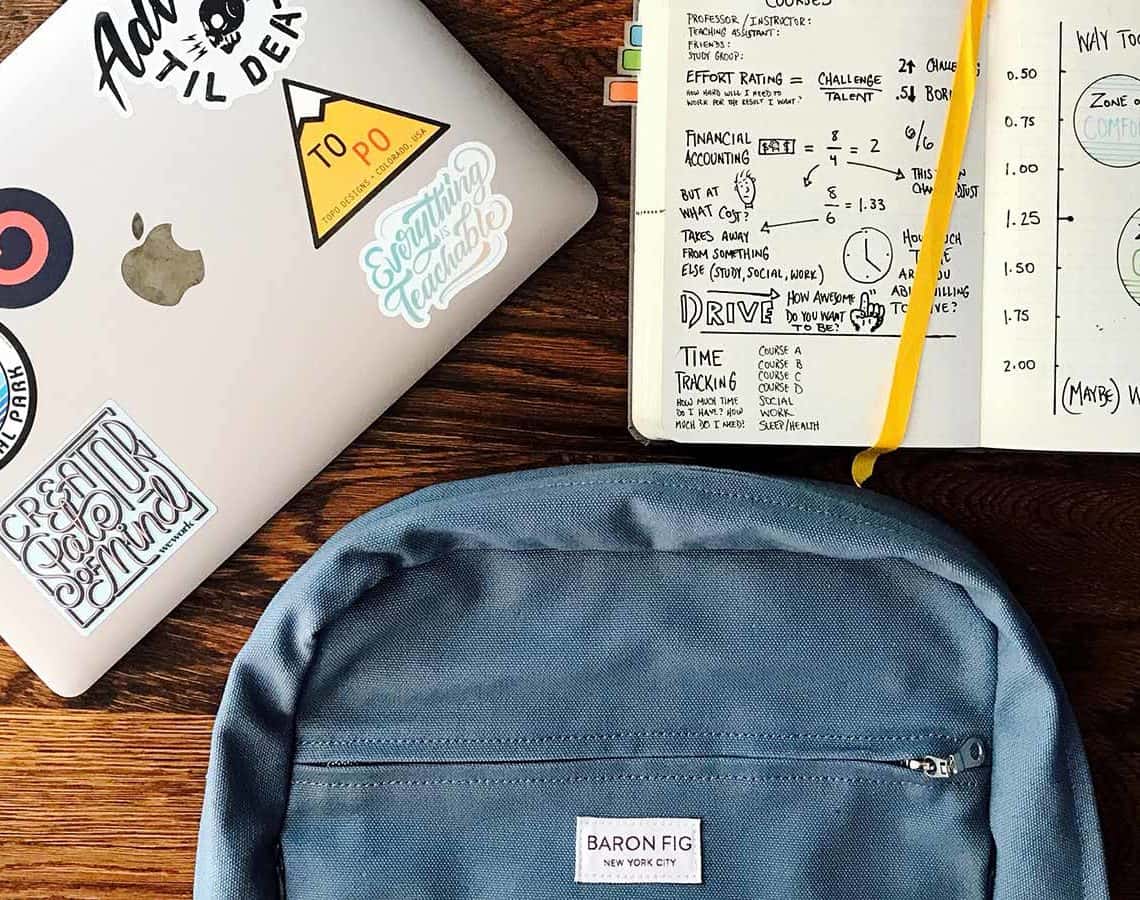Children’s bedtime matters for healthy weight

Queensland parents who set their kids up with good sleep habits could be playing an important role in the fight against childhood obesity and weight problems.
One in 4 Queensland children are overweight or obese and Health and Wellbeing Queensland Chief Executive, Dr Robyn Littlewood said sleep was an important but often overlooked factor.
“Because their days tend to be more unstructured over the long holiday break, children may be more likely to stay up later, get less daily exercise and spend more time in front of screens. Unfortunately, there is a real correlation between these behaviours and weight gain,” Dr Littlewood said.
“Maintaining your child’s regular bedtimes over the entire holiday period is the best thing you can do. So, if their sleep schedule has gone a bit off track in the holidays, I encourage you to re-establish those routines again, starting now.
“Sleep duration affects hormones regulating hunger, which means sticking to or re-establishing your kids’ regular bedtimes before classes return ensures they will have the very best chance of maintaining a healthy weight throughout the school year ahead.”
International research shows children are at greater risk of gaining unhealthy amounts of weight during summer holidays, and Australian researchers are also currently examining this.
International experts also recommend sticking to a school-year sleep schedule throughout the break.
Children’s Health Queensland developmental paediatrician and sleep expert, Associate Professor Honey Heussler said parents should take steps now to re-establish regular sleep habits for their kids, to ensure a healthy transition back to school when classes resumed in a couple of weeks.
Children need more sleep than adults – on average this should be 9-12 hours for primary school students and 8-11 hours for high-schoolers. Associate Professor Heussler said daytime function was the best judge of whether a child was getting enough sleep, but parents tended to be reasonably good judges of whether their child was tired during the day.
“If a child is sleeping in a bit over the holidays and going to bed a bit later, suddenly adjusting to school hours again can be a bit like jet lag and often means a rough week or two until they are back in a ‘school time zone’,” she said.
“This goes for weekends as well. The most important thing you can do is wake at the same time every day no matter what time you go to bed.
“In particular, I suggest if kids are sleeping in a bit, to wake them a little earlier each day until they get back to their school wake-time. This might just mean waking them 15 minutes earlier and putting them to bed 15 minutes earlier each day for a week for example. Bright light and morning activity will help.”
Tips for healthy sleep routines:
- Wake at the same time every day
- Have a calm quiet routine before bed with low light
- Do things in the same order each night (routine) and go to bed at the same time each night
- Bed is for sleeping not playing
- Make the room restful and calm
- Bright light in the morning
- Regular exercise activity each day but not too close to bed
Associate Professor Heussler said when it came to supporting kids to get to sleep, there were different methods to try for teenagers compared to their younger siblings.
“For primary school-aged children, parents can generally establish regular bedtimes and have a certain amount of control over that process, whereas teenagers have biological and often social reasons for delaying their sleep onset,” she said.
The approach for teenagers is often best aimed at helping them manage their own sleep habits with good sleep habits, known as ‘sleep hygiene’.
“It’s really important to work together with teenagers to help them to achieve the healthy sleep patterns that they need to feel their best,” Associate Professor Heussler said.
ENDS
Media contact: 0436 330 101


